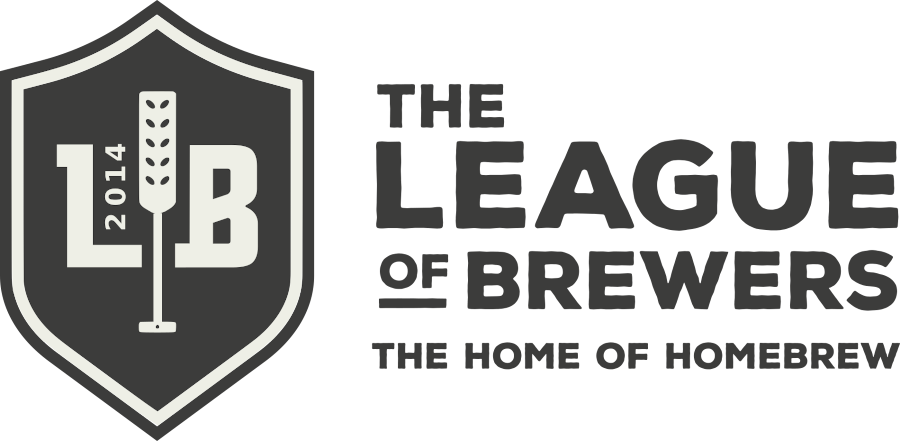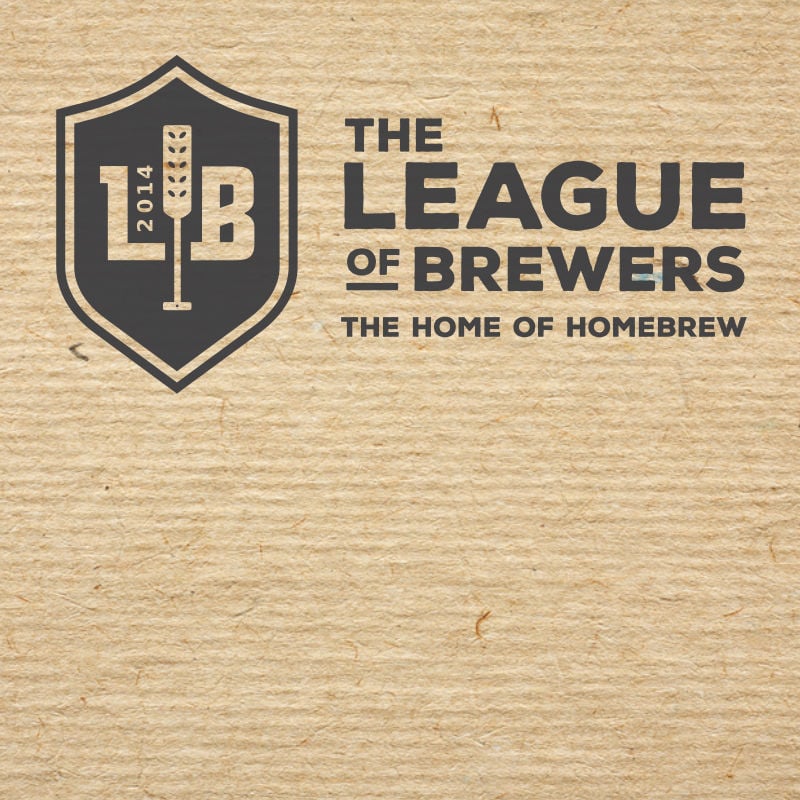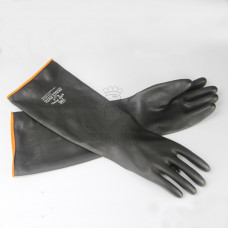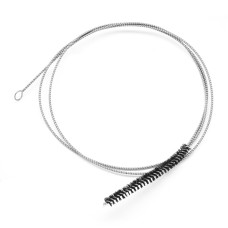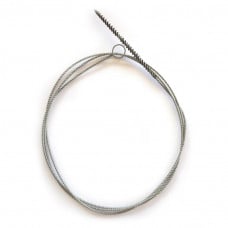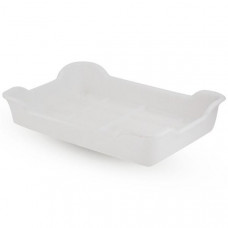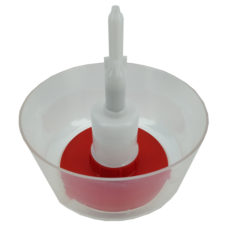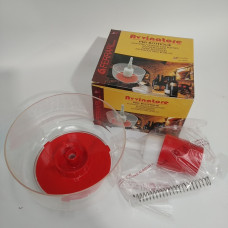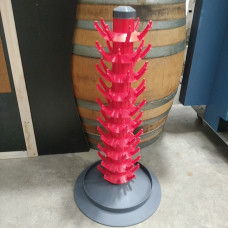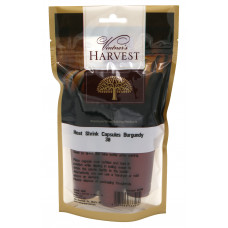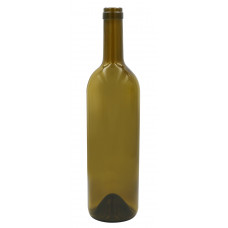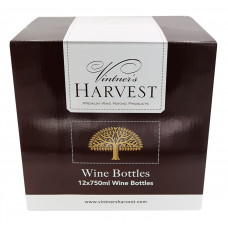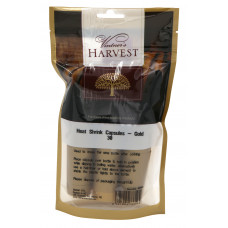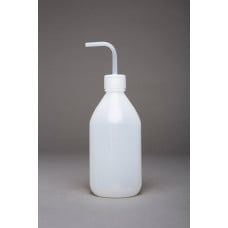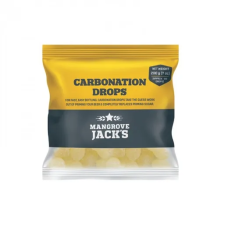Wine Making
-
Heavy Duty Brewing Gloves – 55cm long
These heavy duty brewing gloves are made from vulcanized latex, ideal for cleaning around the brewery or even the home. Seriously long for getting those arms deep into Kegmenters, Fermzillas and those brew pots.
Tough chemical resistant material provides good protection to your hands during clean-up and sanitary handling of equipment. They are 55cm long so will also protect the forearm when reaching into harsh cleaning chemicals.
Out of Stock -
Nylon Hose Brush - Long - 3/8"
A long Nylon Hose Brush for beer line cleaning on your kegging system.
Size: (3/8") x 66" (167cm)
Made by: Krome DispenseOut of Stock -
Bottle Rinser / Sanitiser
Bottle Rinser designed to make the chore of cleaning and sanitising bottles easier.
Put cleaner or sanitiser in the main chamber, and then when you push a bottle down on the spout it sprays a jet of liquid up inside the bottle. Manual action - no power required.Compatible with both bottle trees we stock.
-
Bottle Tree - 81 bottles
Bottle Tree - fits 81 bottles. Perfect for draining & drying your home brew bottles upside down. Made from red plastic with a stable black single foot. Will make your life so much easier on bottling day!
-
Vintner's Harvest Heat Shrink Capsules - Burgundy x30
Used to dress the wine bottle after corking. Place capsule over bottled and hold in position while dipping in boiling water to shrink the plastic tightly to the bottle. Alternatively you can use a hairdryer or hold above an element. -
Vintner's Harvest Wine Bottles -750ml Green Claret x12
Box of 12 x 750ml Vintner's Harvest Wine Bottles, Green Claret -
Vintner's Harvest Heat Shrink Capsules - Gold x30
Used to dress the wine bottle after corking. Place capsule over bottle & hold in position while dipping in boiling water. Alternatively use a hairdryer or hold above element to shrink the plastic tightly to the bottle. -
Mangrove Jacks Carbonation Drops 200gm
Mangrove Jacks Carbonation Drops 200gm. For fast, easy bottling. Carbonation Drops take the guess work out of priming your beer & completely replaces priming sugar.
Each packet contains 60 carbonation drops, enough for 60 x 375ml bottles or 30 x 750ml bottles.

